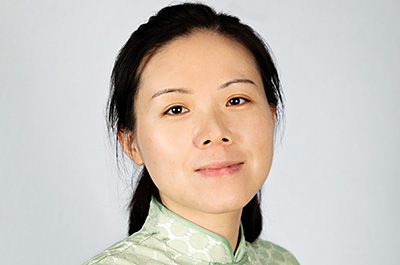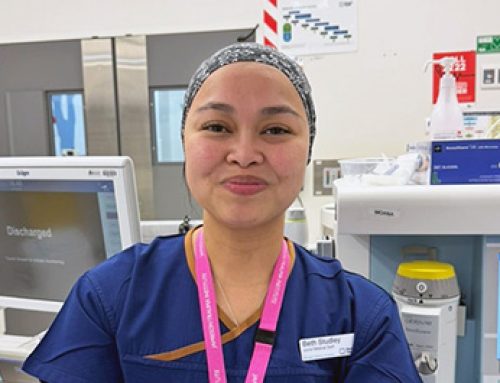Researcher Spotlight: Qing Xia

Q&A with Dr Qing Xia, AusHSI Research Fellow – Health Economics
Q: What expertise do you bring to AusHSI?
A: I have a PhD background in Health Economics and a Master of Medicine specialising in Epidemiology and Biostatistics, and Public Health. My expertise is in conducting health economic evaluations and mixed methods research across multiple chronic diseases and associated interventions. My specific research interests are quantifying the indirect cost burden reduced by bariatric surgery and assessing the economic value of bariatric surgery as obesity treatment from a societal point of view.
Q: Why is health services research important?
A: Health services research can highlight important information about disease trajectories and risk factors, models of care, effectiveness of treatment or public health interventions, and healthcare costs. It provides the information needed to understand the effectiveness and efficiency of the healthcare delivery system and its impact on the health and well-being of individuals and populations. Health services research seeks solutions to problems that adversely affect access to care, quality, safety, and cost of care, and is thus central to improving the delivery of high-value care.
Q: What does health services innovation mean to you?
A: Optimising the performance of the health system. The increasing pressures on healthcare budgets have led to a shift in focus from merely assessing clinical effectiveness to also evaluating cost-effectiveness. ‘Innovation’ denotes new, better, more effective ways of solving problems. When there is a call to balance priorities in health outcomes with scarce resources, innovation is critical to improving the performance of the health system.
A typical example is the focus of delivery of care shifting from cure to prevention. The growing crises of chronic illnesses place health care systems under high pressure. A more efficient way to reduce chronic burden is to avoid preventable chronic illnesses that are largely attributable to lifestyle factors. New developments in digital information and communication technologies have the potential to significantly improve the speed and accuracy of key public health functions such as disease monitoring, prevention, diagnostics, and control.
Q: What inspires you most in your research?
A: In my case, what inspires me the most is the utter wonderment of exploring the world of health science, much like strolling through the beautiful, mysterious, unfathomably vast, and intricate expanse of a forest. My curiosity and desire to discover and learn motivates me to work hard and search continuously.
Q: What do you see as the main challenges facing Australia’s health system?
A: The growing and ageing population is one of Australia’s health challenges because, with this, comes a remarkable increase in disease burden and healthcare demand; this in turn can aggravate health inequity.







